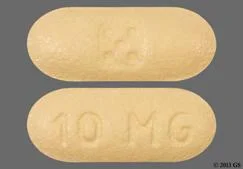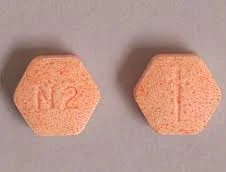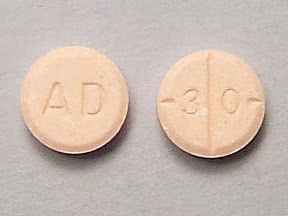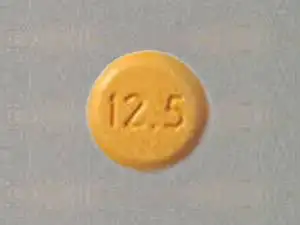Ritalin 10 mg, a pharmaceutical gem in the realm of mental health, stands as a beacon of hope for those grappling with Attention Deficit Hyperactivity Disorder (ADHD) and narcolepsy. This medication, whose generic name is methylphenidate, belongs to a class of drugs known as central nervous system stimulants. Its precise mechanism of action involves affecting certain neurotransmitters in the brain, primarily dopamine and norepinephrine, which play crucial roles in attention and impulse control.
The 10 mg variant of Ritalin serves as a precise dosage tailored to individual needs, striking a delicate balance between efficacy and minimizing potential side effects. ADHD, a neurodevelopmental disorder, often manifests in childhood and persists into adulthood. It is characterized by symptoms such as inattention, hyperactivity, and impulsivity. Ritalin 10 mg acts as a cornerstone in managing these symptoms, fostering improved focus, impulse control, and overall cognitive function.
The medication’s efficacy lies in its ability to enhance the availability of neurotransmitters in the brain, promoting communication between nerve cells. By doing so, Ritalin aids in regulating attention and behavior, providing individuals with ADHD the opportunity to navigate their daily lives more effectively. This enhanced focus can extend to academic settings, where students may find improved concentration and better academic performance.
Beyond its application in ADHD, Ritalin 10 mg also proves invaluable in the treatment of narcolepsy. Narcolepsy is a chronic sleep disorder characterized by excessive daytime sleepiness and sudden, uncontrollable episodes of falling asleep. The stimulant properties of Ritalin help individuals with narcolepsy stay awake and alert during the day, mitigating the impact of this disruptive disorder on their daily activities.
As with any medication, Ritalin 10 mg is not without its considerations. Potential side effects may include insomnia, loss of appetite, weight loss, and increased blood pressure. It is crucial for healthcare providers to conduct a thorough assessment of each patient’s medical history and individual needs before prescribing Ritalin. Additionally, regular monitoring and open communication between patients and healthcare professionals are essential to address any emerging concerns or adjustments in the treatment plan.
Despite the potential side effects, the benefits of Ritalin 10 mg cannot be overstated. For many individuals, it represents a lifeline to a more structured and fulfilling life. The medication is often integrated into a comprehensive treatment approach that may include behavioral therapy, counseling, and educational support. This multidimensional strategy aims to address the multifaceted challenges posed by ADHD and narcolepsy.
It is important to recognize that Ritalin, like any medication, should be used responsibly and under the guidance of a qualified healthcare professional. Proper dosage, regular monitoring, and adherence to prescribed guidelines contribute to the optimal therapeutic outcomes while minimizing potential risks.
In conclusion, Ritalin 10 mg emerges as a pharmacological marvel, offering reprieve to those navigating the complex terrain of ADHD and narcolepsy. Its impact extends beyond the realm of neurotransmitters, reaching into the lives of individuals seeking a path to improved focus, impulse control, and wakefulness. As research continues to unravel the mysteries of the brain and its disorders, Ritalin remains a stalwart companion in the journey towards mental well-being.






Reviews
There are no reviews yet.